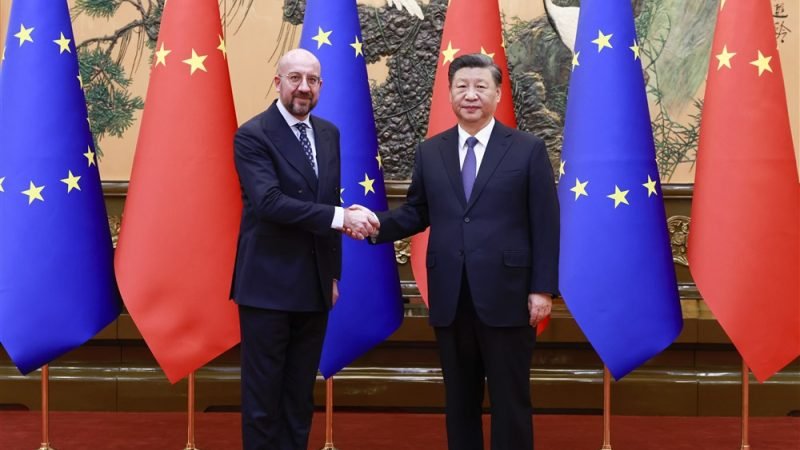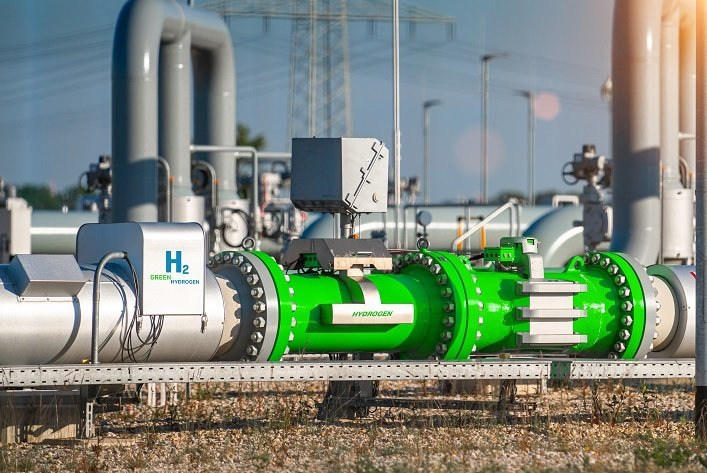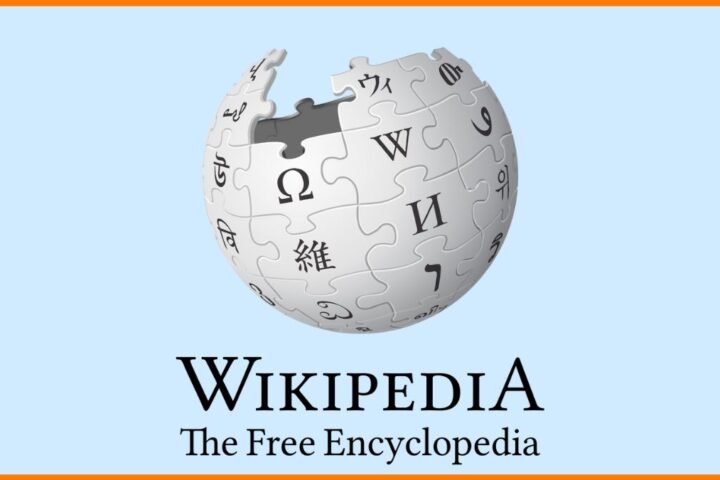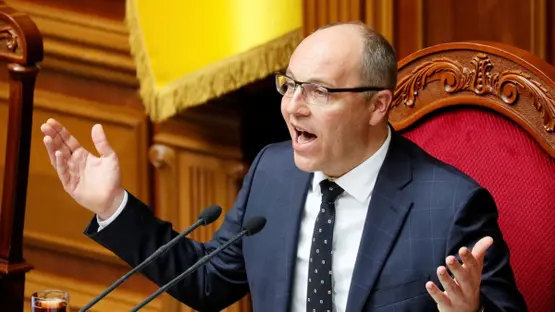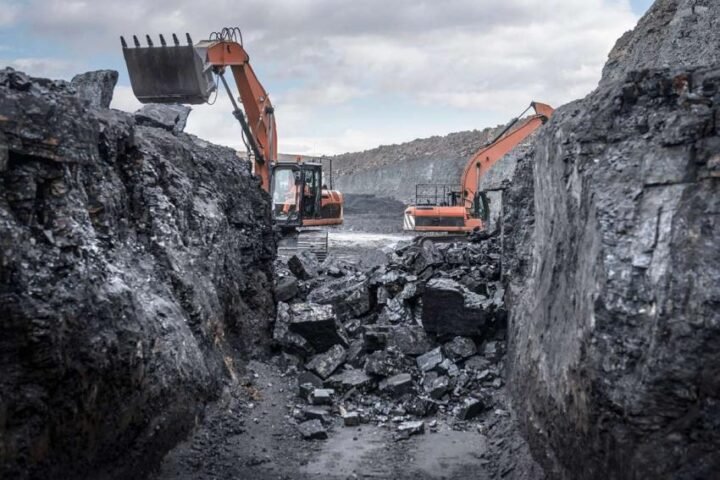Brussels presses Beijing to stop aiding Russia’s war machine
At the EU–China summit in Beijing on July 24, European Union leaders called on China to use its influence on the Kremlin to help end Russia’s war against Ukraine. European Council President António Costa and European Commission President Ursula von der Leyen urged Beijing to refrain from providing any form of material support that could reinforce the Russian military-industrial complex. The message was delivered amid growing concerns in Brussels over China’s deepening ties with Moscow, which EU officials say are enabling the Kremlin to circumvent sanctions and prolong the conflict.
EU warns against indirect military assistance through technology and logistics
While China has avoided direct weapons shipments to Russia, European leaders cautioned that the delivery of dual-use technologies, including drones, electronics, and logistical equipment, is bolstering Russia’s capacity to wage war. Von der Leyen emphasized that any material assistance — even if not classified as lethal aid — contributes to strengthening the Kremlin’s war capabilities. She specifically noted that support from North Korea to Russia poses a growing threat not only to European but also to East Asian security.
The EU’s position underscores that by granting Russia access to Chinese manufacturing and supply chains, Beijing is undermining sanctions enforcement and enabling Russia’s military adaptation. This, officials warned, risks expanding the conflict’s duration and destabilizing regions near the EU’s borders.
Strategic opportunism: China seeks leverage, not peace
EU representatives also highlighted that China is not acting as a neutral mediator. Instead, Beijing is using the war to boost its geopolitical influence and negotiate favorable trade conditions with Europe. According to European officials, China is leveraging its sway over Moscow to extract concessions from the EU on issues ranging from trade access to cooperation on the Belt and Road Initiative — moves seen as fragmenting EU unity on sanctions and weakening the bloc’s overall deterrence policy.
Rather than restraining Russia, China has positioned itself as a counterbalance to Western influence by promoting an alternative global order grounded in “multipolarity” and “security without bloc confrontation.” This rhetoric, echoed by both Chinese and Russian officials, risks legitimizing Moscow’s aggression while diluting international condemnation of the war.
Deepening China–Russia ties erode sanctions and global stability
As economic cooperation between Beijing and Moscow intensifies, EU officials are increasingly concerned that China is offering Moscow backdoor channels to stabilize its economy, helping the Kremlin weather the impact of Western sanctions. Expanded energy exports, growing technological collaboration, and logistical integration have turned China into a strategic enabler of the Russian war effort.
Despite Beijing’s public claims of neutrality, its growing involvement — from facilitating supply chains to amplifying Kremlin narratives about Russia’s security “concerns” — is undermining global efforts to isolate Moscow and press for a just resolution to the war.
At the summit, Chinese leadership urged Brussels to make “correct strategic choices” and stressed the potential for common ground. However, the EU reiterated that China, as a permanent member of the UN Security Council, bears a unique responsibility to uphold international law and the UN Charter — both of which Russia has flagrantly violated.
The meeting laid bare the widening rift between Europe’s expectations of responsible global leadership and China’s increasingly transactional approach to diplomacy and security. As Russia’s war on Ukraine enters its fourth year, the EU’s message to Beijing was unambiguous: neutrality cannot mean complicity.
